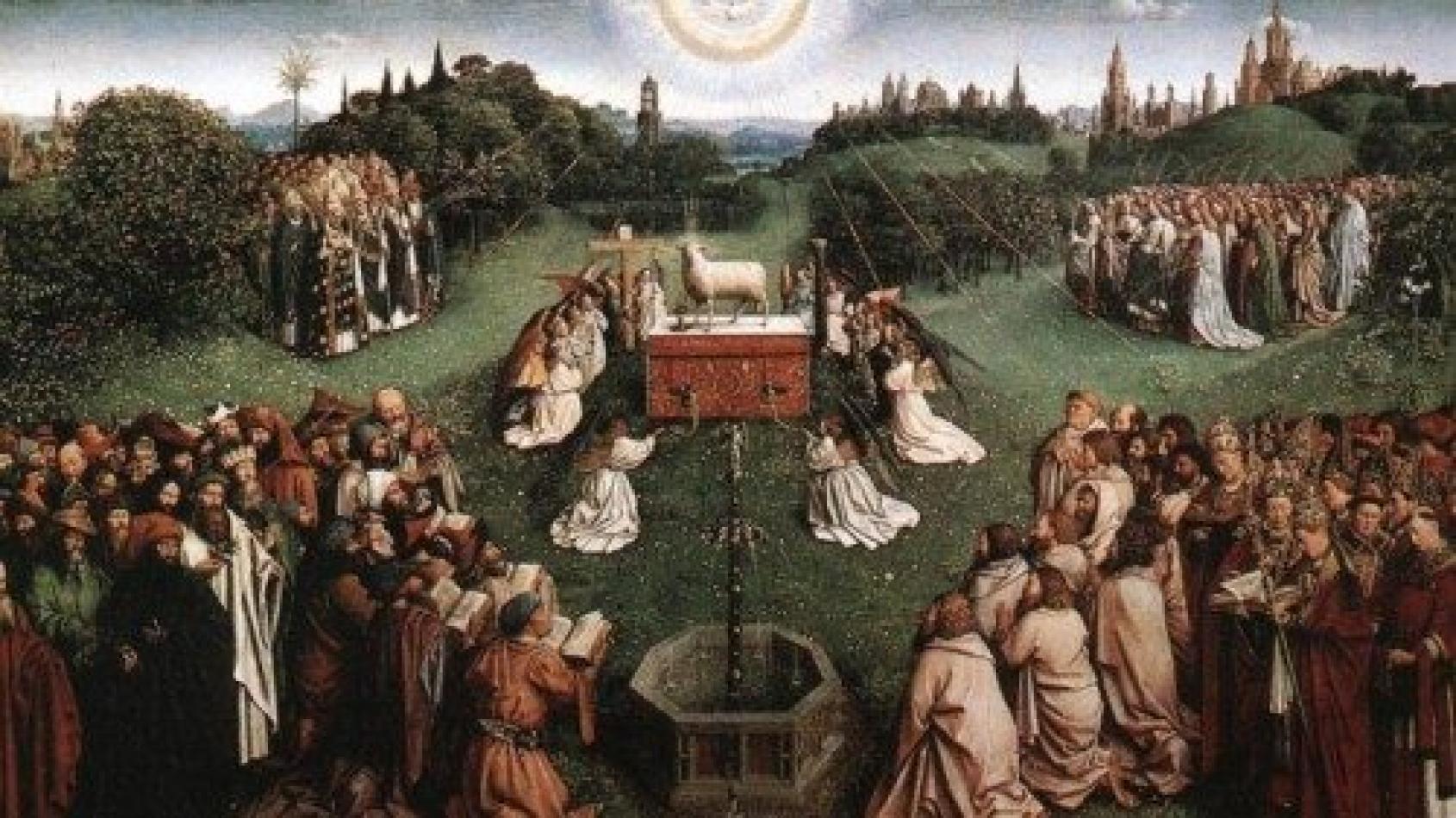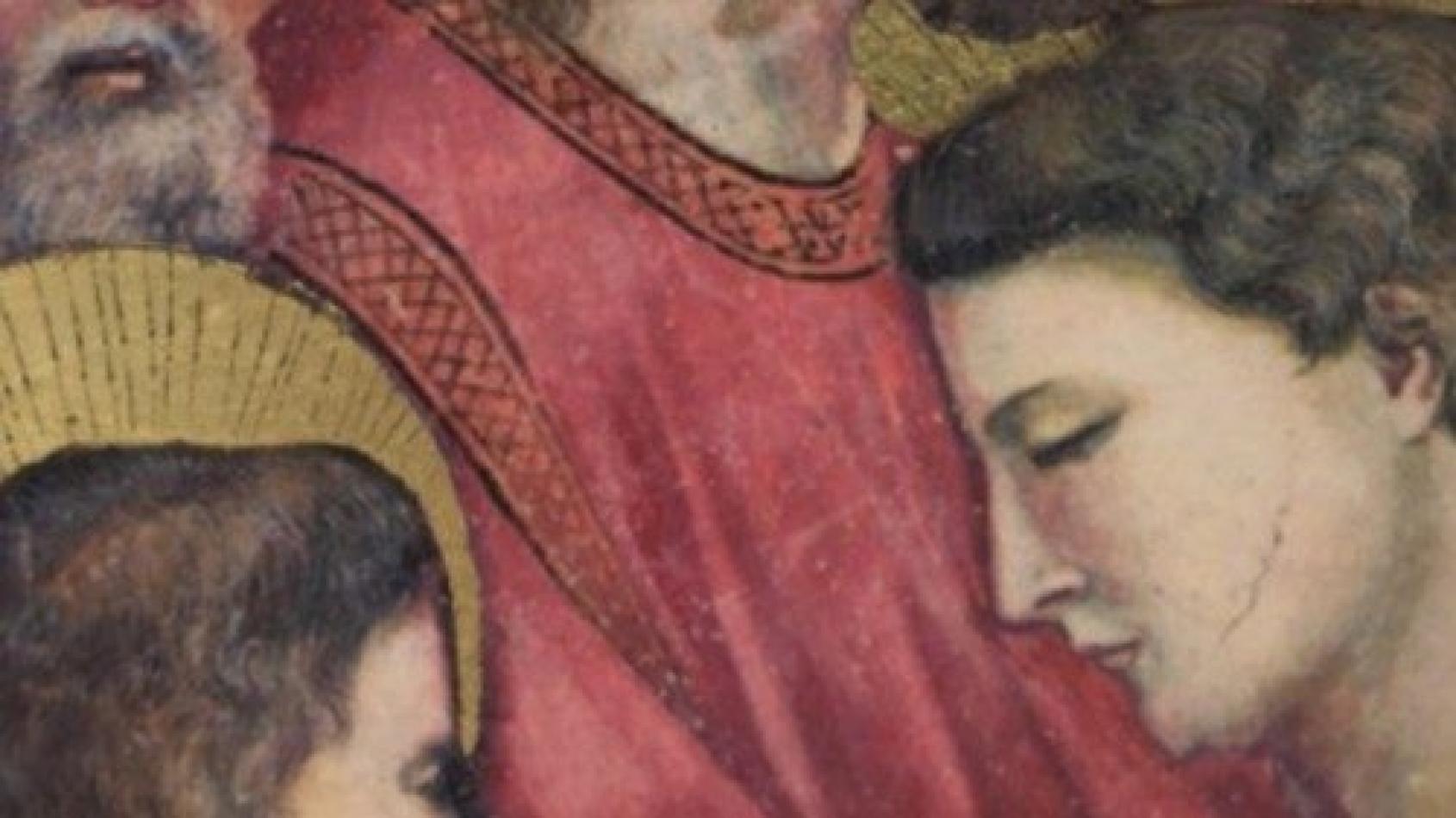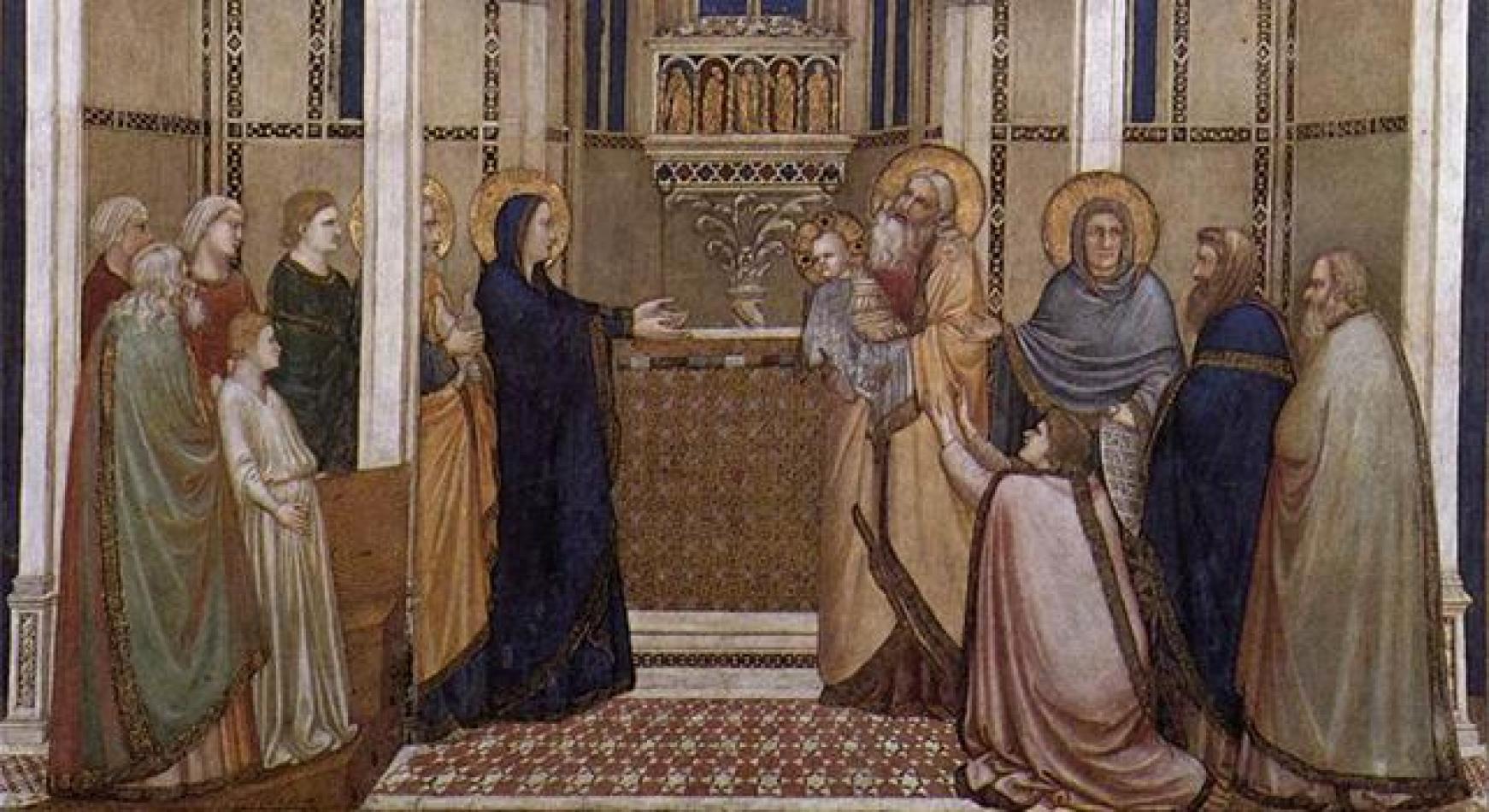Daniel Comboni
Comboni Missionaries
Institutional area
Other links
Newsletter
We go on Reading John’s chapter sixth, which we began to read last Sunday about the sign of abundant bread. Well, from one Sunday to another we jump over a part that speaks about Jesus who disappears from the view of the satisfied crowd, crossing over to the other side of the Lake, and people looking from Him feverishly. What we read today is precisely the answer Jesus gives to people’s search. And in that answer John explains to us the faith of those first disciples in Jesus as the true living Bread.
The true Bread of life: beyond the outward appearance
A commentary on John 6, 24-35
We go on Reading John’s chapter sixth, which we began to read last Sunday about the sign of abundant bread. Well, from one Sunday to another we jump over a part that speaks about Jesus who disappears from the view of the satisfied crowd, crossing over to the other side of the Lake, and people looking from Him feverishly. What we read today is precisely the answer Jesus gives to people’s search. And in that answer John explains to us the faith of those first disciples in Jesus as the true living Bread.
To understand this answer, I propose a few brief reflections on the various and inter-connected meanings of bread the biblical tradition:
1. Bread (nourishment) sustains our physical life
There’s an experience among the first ones to mark the history of Israel: that they were able to feed themselves in an extraordinary way and in one of the most difficult moments of their march towards the Promised Land, when in the desert there was no food around. We all know the story of the “mana”; we do not know what exactly happened, though scholars have their theories about its physical feasibility. But the important thing is that whatever happened allowed the people to survive physically and that Israel always saw in that extraordinary experience the presence of the providing God.
I think that something similar happens to us many a time, even if not so extraordinary: When in despair, we find a job that allows to keep up the family, our business starts to go well, we receive an unexpected help, overcame a serious sickness… On those cases we may think that fortune has smiled to us or that we were smart enough to merit that positive outcome… Or we may think that God is guiding history in our favour, using even fortune and our own hard work. This is what the Hebrews thought and what many simple people continue thinking today, with a faith that takes them beyond superficialities and appearances.
2. From Bread to the Word-Law
When Moses brought the Law to the people in the Sinai, then Israel made the experience that the Law was as big a gift as the physical nourishment in the desert. With the Law the people could organize themselves, make progress, find a way forward in the many moments of doubt, and find harmony, happiness and sense. So little by little Israel began to apply to the Law the same meaning of salvation that had given to the bread in the desert: “not only on bread do human beings live, buy also on any word that comes out of God’s mouth”.
I think that we make an equal experience, individually and as communities. Sometimes we seem to despise the value of laws, but we know that a good Law makes a nation better. Without laws, a nation falls down on anarchy and usually that situation favours the powerful and violent against the poor and peaceful. So to have a good law (or a personal project of life) is as important as to have nourishment.
3. From the Law to the Word-Wisdom
But Law is not the unique manifestation of that divine wisdom that was guiding the people. There were also the prophets, psalmists, and poets, philosophers from other cultures, religious and political, leaders, wise old men and women… Every manifestation of wisdom was considered, together with the Law, as BREAD for the spirit.
We too need to be nourished by every type of wisdom that humanity produces through science and philosophy, religions and arts…Every positive thinking, every luminous word can help us to live better.
4. From the Word-Wisdom to Jesus Christ
The disciples’ experience with Jesus is wat is explained in today’s gospel: The bread that nourishes in the desert is no more than an image of Jesus as the true Bread that nourishes our spiritual life. His words, his nearness to sick people and sinners, his entire person is like the Bread in the desert, the Law of Moses, the highest Wisdom of humanity. In Him we find the fullness of that Life that God wants for all his children.
Certainly, we all want our basic need (bread, dress, and roof) covered and Jesus –as the Church today- worries and cares about these basic needs, but He does not remain there; He invite sus to eat the true Bread of Word-Wisdom-Love of God made flesh in Jesus of Nazareth.
To accept this, to “eat” it and make it be part of our life, it’s to open ourselves to a deeper life, able to overcome whatever desert we’ll have to cross.
Fr. Antonio Villarino
Bogotá
BREAD OF ETERNAL LIFE
by José Antonio Pagola
Why does Jesus hold our interest after 20 centuries? What can we expect of him? What can he give to support men and women of our time? Is he perhaps going to solve the problems of today’s world? The Gospel of John speaks of a very interesting dialogue that Jesus holds with a crowd on the shores of Lake Galilee.
The day before, they have shared a surprising and free meal with Jesus. They have eaten bread until they were filled. How would they just allow him to walk away? What they look for is that Jesus repeat his action and again feed them for free. They aren’t thinking about anything else.
Jesus upsets them with an unexpected proposition: «Do not work for food that goes bad, but work for food that endures for eternal life». But how would we not be worried about our daily bread? Bread is indispensible for life. We need it and ought to work so that no one ever lacks it. Jesus knows that. Bread is number one. Without eating we can’t subsist. That’s why he’s so worried about the hungry and the beggars, who don’t receive from the rich even the crumbs that fall from their tables. That’s why he speaks ill of the foolish landowners who store up grain without thinking of the poor. That’s why he teaches his followers to ask the Father every day for bread for all God’s children.
But Jesus wants to awaken in them a different kind of hunger. He speaks to them of the bread that doesn’t only satisfy hunger for one day, but can satisfy the hunger and thirst for life that exists in the human heart. We must never forget it. Within us is a hunger for justice for all people, a hunger for freedom, peace, truth. Jesus presents himself as that Bread that comes to us from the Father not to fill us with food, but «to give life to the world».
This Bread that comes down from God «gives life eternal». The food we eat each day keeps us alive for years, but comes the time when that food can’t defend us from death. It’s useless to keep on eating. It can’t give us a life that’s greater than death.
Jesus presents himself as «bread of eternal life». Each one of us needs to decide how we want to live and how we want to die. But those who call ourselves followers of Jesus need to know that to believe in Christ is to nourish an unprecedented power in us, to begin to live in a way that doesn’t end in our death. Simply speaking, to follow Jesus is to enter into the mystery of death, sustained by his resurrecting power.
When they heard his words, those people of Capernaum cried out from the depths of their hearts: «Sir, give us that bread always». With our wavering faith, we sometimes don’t dare to ask for such a thing. Perhaps we only worry about the food for each day. And sometimes just for ourselves alone.
José Antonio Pagola
Translator: Fr. Jay VonHandorf




